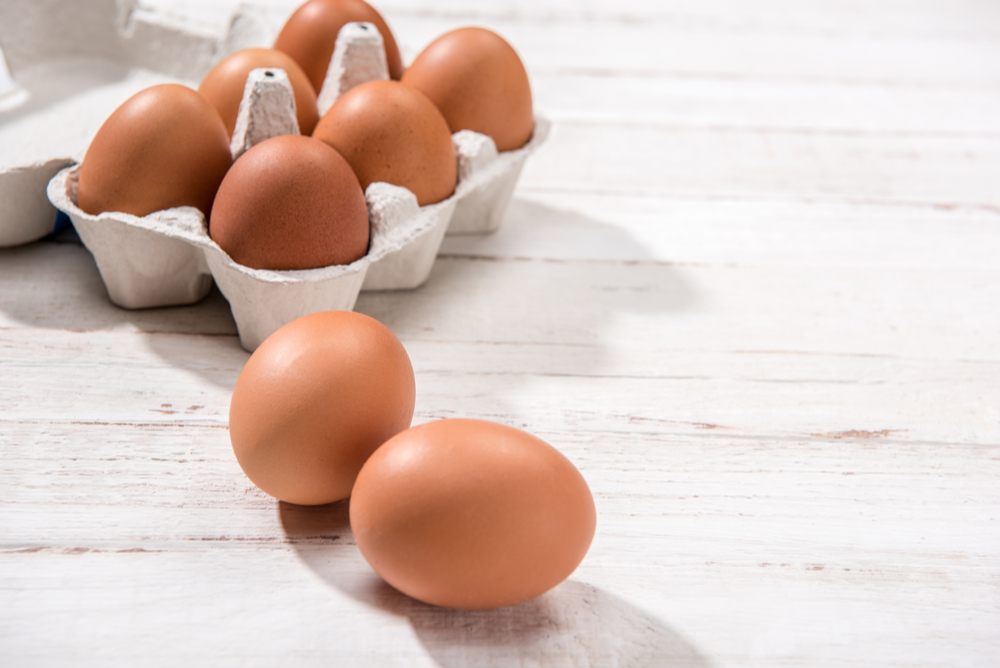Wondering what foods to stay away from when on antibiotics? Find out what to eat and what to avoid with antibiotics
Antibiotics have valuable medical benefits, killing bacteria and helping your body to fight off infections that can make you seriously sick. While everyone knows to look for drug interactions, you may not realize that you also need to pay attention to the foods you eat with these medications. The foods you eat interact with antibiotics, so something you normally eat without a problem may cause stomach upset or interfere with the absorption of the medication to make it less effective. Other foods may lessen certain unpleasant antibiotic side effects so you are more comfortable. To help you get the most benefit from your course of antibiotic medication, here is a guide to what to eat with antibiotics and the best foods to avoid on antibiotics.
Foods to avoid on antibiotics
Food can interact negatively with antibiotics in several ways. Certain foods can reduce, slow down, or even block your absorption of the medication, making it harder for you to get well. Other foods can react with antibiotics to produce unpleasant side effects. The foods to avoid on antibiotics include:
- Acidic foods: We have all heard that you should drink orange juice when you have a cold, right? Not when you are taking antibiotics. While the Vitamin C in orange juice can boost your immune system, highly acidic foods such as orange juice can interfere with your body’s ability to absorb antibiotics. Whenever you are on antibiotics, you should avoid citrus fruits and juice, especially grapefruit. You should also stay away from sodas and other carbonated beverages (including diet soda), chocolate, and tomato-based products such as marinara sauce and ketchup.
- High fiber foods: High-fiber foods including sweet potatoes, beans, legumes, and whole grains can slow the rate at which the contents of your stomach are processed and absorbed into your bloodstream. This makes these foods helpful for individuals with diabetes, because they prevent spikes in blood sugar levels, but it can be problematic when you are on antibiotics. High fiber foods are not recommended while you are taking antibiotics because they also slow down the rate at which the medicine is absorbed into your blood stream.
- Foods rich in calcium and iron: Calcium and iron can affect your body’s ability to absorb certain antibiotics, so you should avoid foods rich in these nutrients when taking antibiotics. Prime examples of iron and calcium rich foods include dairy products (except yogurt), nuts, and seafood. If you take calcium or iron supplements for your health, be sure to wait at least three hours before taking antibiotics.
- Foods that cause a reaction: Antibiotics can make you more sensitive to foods that already cause a mild allergic For example, if you are normally slightly sensitive to eggs, then you should avoid combining eggs and antibiotics. Some other foods that are known to cause inflammation, stomach upset, or other reactions that may be exacerbated by antibiotics include chocolate, sugar, and spicy foods.
What to eat with antibiotics
Antibiotics are designed to kill harmful bacteria, but unfortunately, they also destroy the helpful bacteria in your gut that aids digestion. This can cause abdominal upset, cramping, and diarrhea. Knowing what to eat with antibiotics is important, because there are some foods that can alleviate these uncomfortable side effects when eaten with or after a course of antibiotics.
- Probiotics: Probiotics introduce healthy bacteria back into your digestive system. Because they replace the bacteria that normally live in your gut rather than simply masking symptoms, probiotics are the most effective remedy for antibiotic-induced diarrhea. You can take supplements or eat foods that contain active and live probiotic cultures. Examples include yogurt, kefir, sauerkraut, and kimchi, along with other fermented beverages and foods.
- High fiber foods: As we mentioned above, high fiber foods should be avoided while you are taking antibiotics because they slow absorption of the medication. However, once you have finished your course of antibiotics, high fiber foods can be beneficial. Whole grains, beans, legumes, and other fiber-rich foods can stimulate the growth of healthy gut bacteria.
- Prebiotics: Prebiotics do not contain live microbes like probiotics, but they still feed the formation of good bacteria in your gut. Red wine, cocoa, and other prebiotics are good to take after finishing a course of antibiotics.
Sources:
https://www.ncbi.nlm.nih.gov/pubmedhealth/PMH0087079/
https://www.healthline.com/nutrition/what-to-eat-antibiotics
https://health.clevelandclinic.org/2015/04/how-to-prevent-diarrhea-while-you-take-antibiotics/
